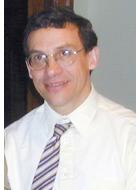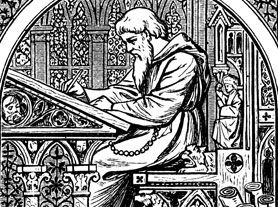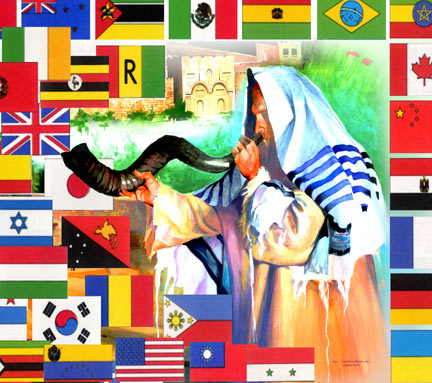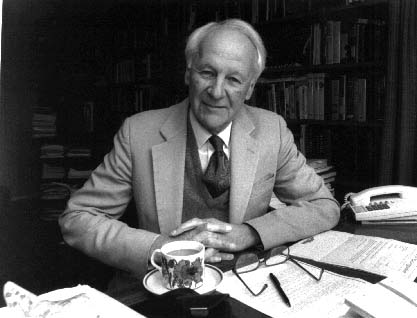The ideal woman!
 The other day I was having lunch with a friend and, out of the blue, she asked me: “What’s the most important quality you look for in a wife?”
The other day I was having lunch with a friend and, out of the blue, she asked me: “What’s the most important quality you look for in a wife?”
Americans! Sheesh! Whatever happened to polite conversation about the weather?!
I did have to chuckle a bit though… You see, at the moment I’m spending some time reassessing and discerning again my vocation – married life, priestly life, religious life or consecrated celibacy. Therefore, questions regarding the qualities of a future wife may well be, at this point, moot.
“She is worth far more than rubies…”
But I also laughed because of the various texts which flashed through my mind when she asked this question. One such text was from the Book of Proverbs:
“Who can find a worthy woman?” – Proverbs 31:10 (ESV)
Who indeed?!
I can still remember when, at university, I was asked to be a Reader one evening and I encountered this scripture for the first time. I had to read this passage at Mass without sniggering. I won’t lie, it was kinda hard…

 Yesterday was the Feast of
Yesterday was the Feast of 

 Last week John Stott fell asleep in Christ.
Last week John Stott fell asleep in Christ.